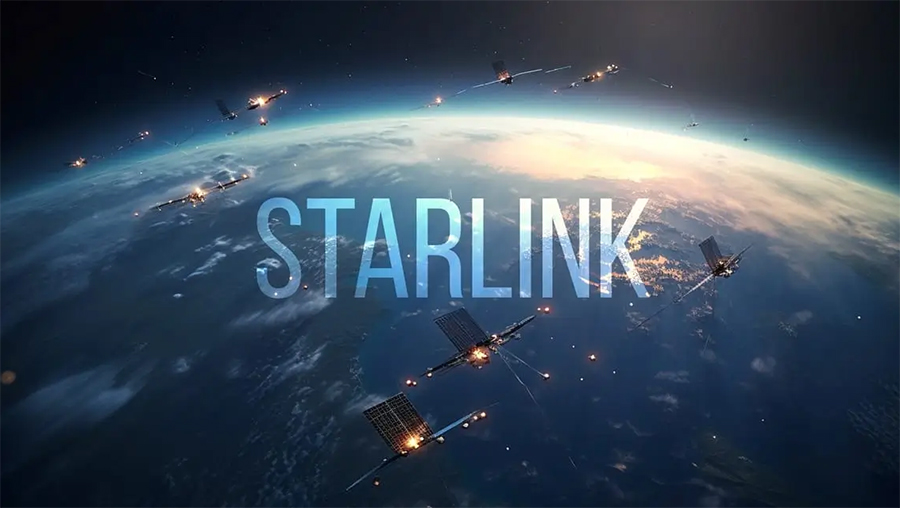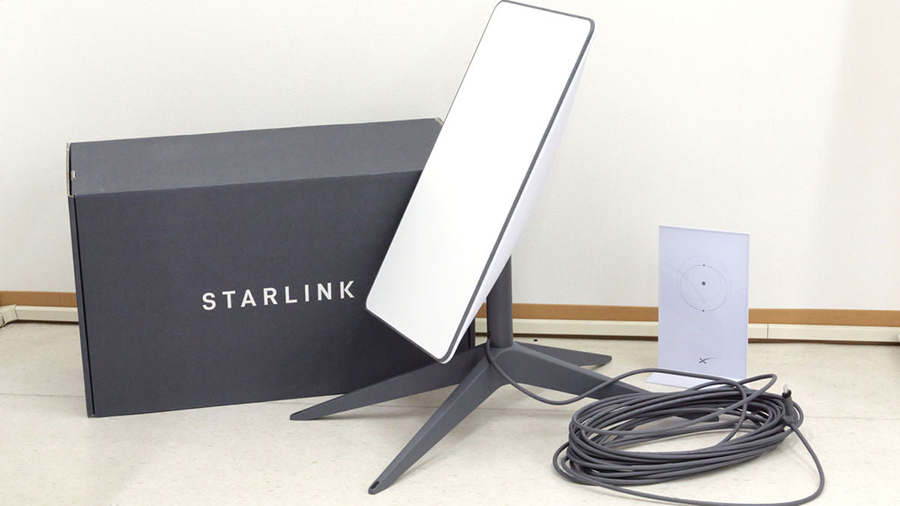
Billionaire Elon Musk’s Starlink satellite internet service, known for delivering high-speed internet globally, especially in remote and underserved areas, is now licensed to operate in Bhutan. The Bhutan InfoComm and Media Authority (BICMA) granted an internet service provider licence to Starlink Services Private Limited, an FDI company, to offer satellite-based internet in the country yesterday.
Starlink’s entry into Bhutan’s internet market is expected to ease the burden of high internet costs currently imposed by existing providers.
 According to a notification from BICMA, Starlink has introduced various plans tailored to households, businesses, and high-demand users.
According to a notification from BICMA, Starlink has introduced various plans tailored to households, businesses, and high-demand users.
For residential users, Starlink offers unlimited data with download speeds of up to 110 Mbps for a monthly fee of Nu 4,200.
In comparison, Bhutan Telecom and TashiCell provide leased line services at around Nu 4,000 but with speeds capped at just eight Mbps.
A more affordable Residential Lite option is also available for Nu 3,000 per month, offering similar speeds with slightly reduced performance.
However, other plans, such as Priority Plans for businesses, governments, and institutions, the Roam Plan for users on the move, and the Mobile Priority Plan for high-demand users, have data limits.
Speeds for these plans range from five Mbps to 220 Mbps, with prices between Nu 4,200 and over Nu 400,000 per month, depending on data usage.
In contrast, Bhutan Telecom and TashiCell offer unlimited internet at speeds of 100 Mbps for approximately Nu 50,000 per month.
BICMA in an email response said that Starlink’s approved tariffs in Bhutan are comparably lower than its global prices.
Meanwhile, interested users must purchase a Starlink kit to access the service.
According to BICMA’s notification, the kits come in three options, with the lowest-priced mini kit costing Nu 17,000.
BICMA said that Starlink’s services will be available across the entire country, enabling even remote and underserved areas to access the internet, regardless of the availability of terrestrial networks.
The authority further added that Starlink’s entry could improve the overall quality of services and foster greater competition in the market.
BICMA hopes that this development would encourage existing internet service providers to become more innovative and competitive.
However, Starlink’s internet service will not directly support cellular connectivity, meaning users will not be able to connect mobile devices to Starlink satellites for mobile network services.
Sherub Dorji







